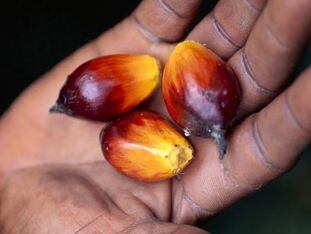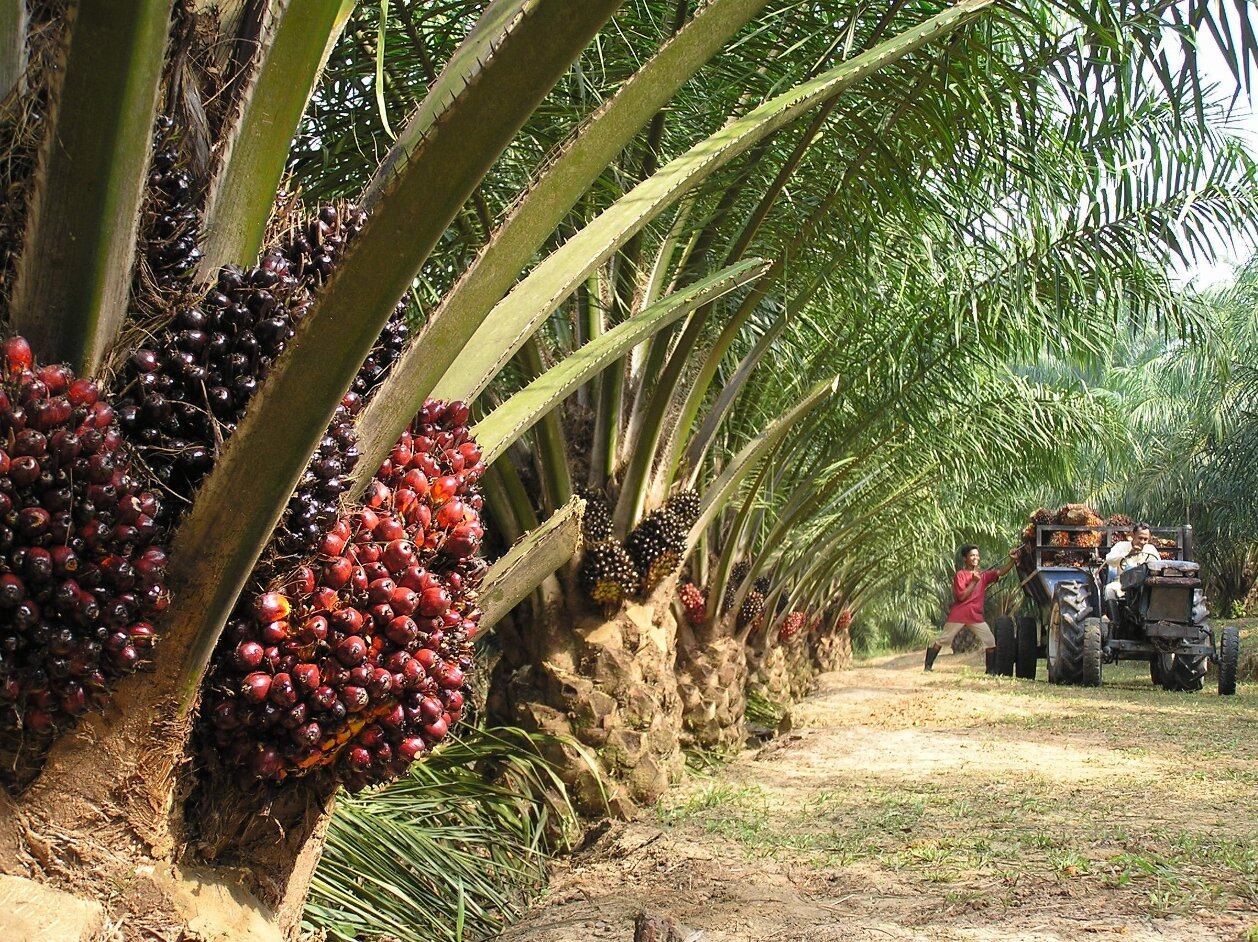Meanwhile, many environmentalists claim the RSPO standards do not go far enough.
In general, segregated or mass-balance (some RSPO certified oil, some not) supplies from vertically integrated producers are selling well, says World Wildlife Fund (WWF) VP agriculture Dave McLaughlin in an interview with FoodNavigator-USA as part of our special edition on sustainable sourcing.
But many non-integrated growers are seeing fewer benefits, he says.
“It is a concern, and in the short term we’ve got to send a positive message to the growers so that they can see that it’s worth doing the right thing and that they will be recognized and rewarded.”
Many large refiners buy oil originating from multiple plantations that has been intermingled at every stage of the supply chain
The challenges relate to the complex nature of the global palm oil supply chain. While some refiners are vertically integrated (New Britain Palm oil only uses oil from company-owned plantations in its UK refinery ensuring fully traceable products), for example, most are not.
Instead, they are buying oil originating from multiple plantations that has been intermingled at every stage of the supply chain. And the costs of segregating oil from RSPO plantations throughout this chain are significant.
So significant indeed, that securing certified sustainable versions of palm kernel oil or some of the more complex palm derivatives used by many food manufacturers remains prohibitively expensive for many US buyers in particular, says McLaughlin.

But this doesn’t mean that they should sit back and do nothing, he says.
“My worry is that companies are using the absence of [affordable] segregated palm products as an excuse not to do anything. What they should be doing is buying GreenPalm certificates now to cover 100% of their palm oil usage so that it will be easier to make the transition to a physical supply chain in future.”
Start with GreenPalm to ‘move the needle’ towards a physical, traceable, sustainable supply chain
Unilever for example, buys GreenPalm certificates (a kind of green offset trading scheme which guarantee that a tonnage of palm oil/derivatives equivalent to the tonnage you use has been produced from RSPO-certified plantations) to cover all of its palm oil usage now, but has a goal of buying all of its palm oil from traceable sources by 2020.
Thus, in the short term it can use the GreenPalm logo and make the on-pack claim: ‘Supports the production of RSPO-certified sustainable palm oil’. Longer term, like most CPG firms, it wants to use fully traceable supplies, so that it can claim that its products actually contain sustainable palm oil.
However, buying GreenPalm certificates now might be the only way to stimulate enough production of sustainable palm oil to reach a critical mass that will make fully traceable products economically viable in future, he said.
“If you could get 60-70%+ of production certified then you’d have a de facto segregated supply chain and the [extra] costs [of having to created separate, segregated supply chains for certified sustainable palm products] would disappear.”
Some of them may go out and buy hundreds of GreenPalm certificates on December 31 2014
Given that scores of top brands from Hershey to General Mills, Walmart, Kroger, PepsiCo, Dunkin Donuts and McDonald’s have now made public commitments to buy only certified sustainable oil by 2015, things will certainly change one way or another, he predicts.
“Some of them may go out and buy hundreds of GreenPalm certificates on December 31 2014, but we need more firms to follow Unilever’s suit to provide positive market signals to growers now.”
We’ve got to make progress in India, China and Indonesia
But to achieve a 60-70% level of penetration, he admits,just getting US and European buyers on board is not enough.
“We’ve got to make progress in India, China and Indonesia, but the challenge is that palm oil is mainly used in these markets as a frying oil and brands are not so differentiated [so there isn’t a big industry or consumer push to market sustainable versions].
“Things are changing - for example, there was recently a shipment of mass balance oil to a state owned enterprise in China - but it’s slow progress.”
Is the low trading price for GreenPalm certificates providing a sufficient incentive for growers?

But is the low trading price for GreenPalm certificates providing sufficient incentives for small palm oil producers to bother with the hassle and expense of RSPO certification, as many critics of the scheme claim?
This is something for GreenPalm to answer, says McLaughlin, “But there are other benefits for producers and consumers of sustainable palm oil.”
For example, working with the RSPO can help producers increase yields on existing plantations, which has an obvious commercial as well as environmental benefit, he says.
Are the RSPO standards tough enough?
Meanwhile, as to whether the RSPO standards are actually tough enough in the first place - given that they still permit planting on peat lands and cleared ‘secondary’ forests (many of which contain just as much carbon and wildlife as ‘primary’ forests protected under RSPO standards, according to Greenpeace, the Rainforest Action Network and others), he says:
“It’s a chicken and egg situation.

“We’d like to [tighten RSPO certification standards to] include GHG emission standards and zero planting on peat lands, but if only half of the RSPO-certified production is earning a premium, going back to producers and saying you need to do even more is tough. They have to see the benefits.”
Degraded land
Longer term, much more effort should be put into exploring opportunities to develop palm oil plantations on ‘degraded’ land in Africa, Brazil, Indonesia and other regions, such that production can increase without further clearing of primary or secondary forests, peat lands or other high conservation value areas, he says.
The RSPO remains the most widely supported standard for palm oil production. Certification criteria include protocols for waste management, reducing fertilizer and pesticide use, preserving high conservation value forest, abiding by local laws, respecting community rights, and ensuring minimum labor standards.
